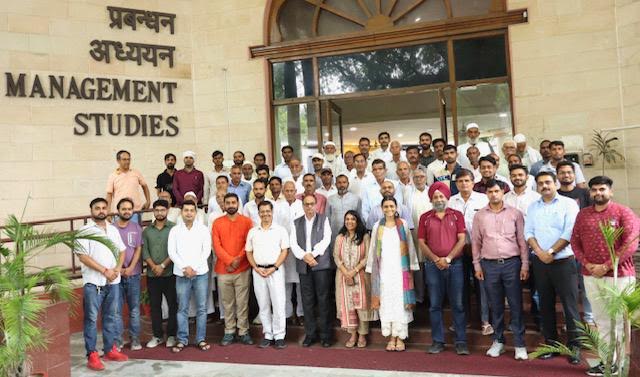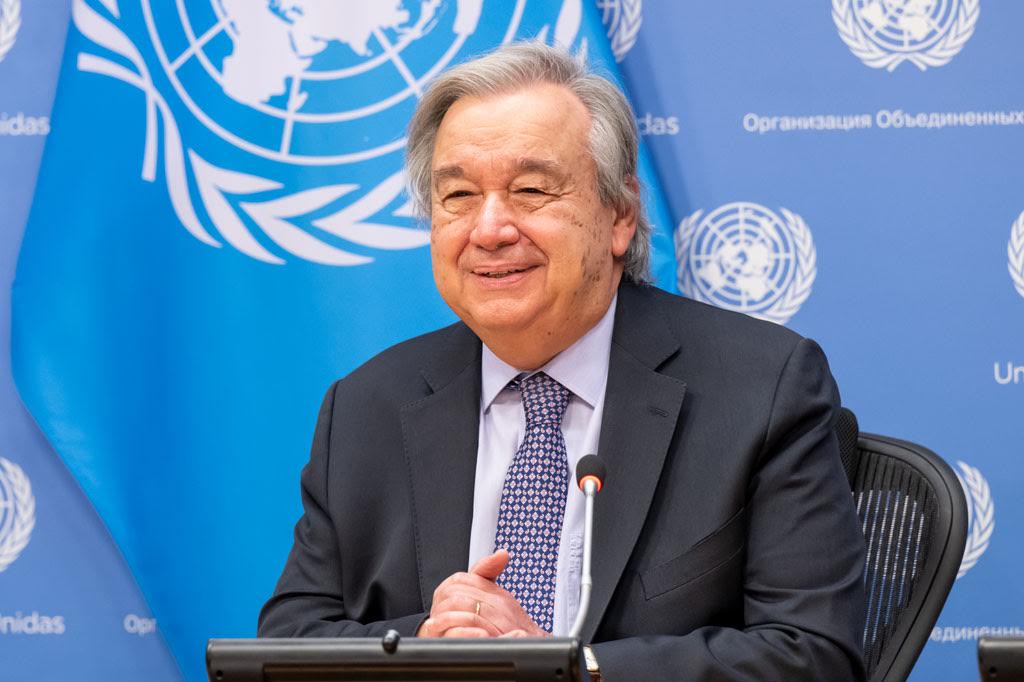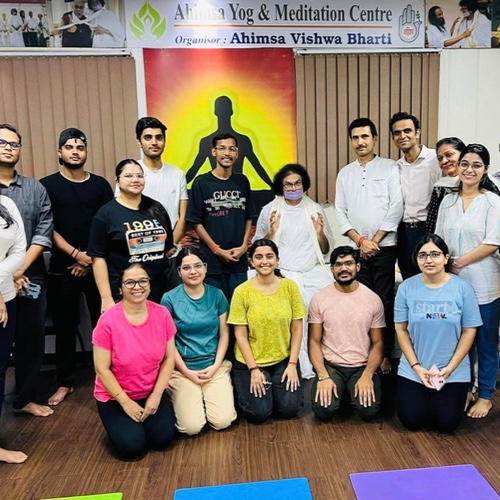· Farmers Gain Insights on Modern Technology and Market Strategies
· Innovative Solutions and Government Support Drive Sustainable Jaggery Production
· Enhancing Productivity and Market Linkages for Local Jaggery Producers
· A Collaborative Approach to Improving Jaggery Production and Farmer Support
Roorkee, Uttarakhand : The Department of Design at IIT Roorkee, in partnership with the Design Innovation Centre and the Department for Promotion of Industry and Internal Trade, Invest India, Ministry of Commerce successfully hosted a transformative two-day workshop under the One District One Product (ODOP) initiative on September 6-7, 2024. The workshop, which drew 45 local farmers, was aimed at enhancing jaggery production through modern technology and innovative practices.
The workshop was inaugurated by Prof. K. K. Pant, Director of IIT Roorkee, who highlighted the significance of academic and local stakeholder collaboration said, “Our commitment is to bridge the gap between academic research and practical solutions that address real-world challenges. This workshop is a testament to our dedication to supporting local communities through sustainable and innovative practices. Our efforts in the ‘Vocal for Local’ initiative are aimed at empowering local farmers, enhancing regional economies, and fostering community development. By integrating advanced practices and technologies, we are not only improving efficiency but also creating valuable market linkages for jaggery production.”
Throughout the event, participants engaged in discussions on improving jaggery production with a focus on modern technology, hygiene standards, and market linkages. Experts from IIT Roorkee delivered comprehensive sessions on topics such as sustainable packaging, food safety, and available government funding schemes.
Prof. Inderdeep Singh, Dean of Infrastructure at IIT Roorkee, who is also the Coordinator of the Design Innovation Center, emphasized the workshop’s impact, saying, “By integrating advanced practices and technologies into local production processes, we are not only improving efficiency but also empowering farmers to thrive in competitive markets.”
The ODOP workshop at IIT Roorkee provided a comprehensive overview of the jaggery industry, offering invaluable insights into current practices and emerging opportunities. Key sessions focused on food safety and hygiene, emphasizing best practices to ensure high-quality products. The workshop also addressed sustainable packaging solutions, showcasing innovative methods to minimize environmental impact. Modern practices and technology interventions were discussed to boost productivity, while marketing and branding strategies were explored to strengthen market presence. Additionally, the workshop highlighted various government funding schemes and policies available to support farmers. IIT Roorkee played a pivotal role in this initiative, leveraging its expertise and resources to bridge the gap between academic research and practical application. By integrating advanced knowledge and fostering collaboration with local stakeholders, IIT Roorkee is driving sustainable agricultural practices and enhancing the overall efficiency of jaggery production.
The workshop addressed significant challenges faced by local farmers, including traditional weeding and harvesting practices. By offering actionable insights and solutions, the event aimed to boost productivity and efficiency in jaggery production. The participation of IIT Roorkee’s esteemed faculty members and ODOP officials underscored the collaborative effort to foster sustainable agricultural practices.
IIT Roorkee’s ODOP workshop has made a meaningful impact by equipping local sugarcane farmers with the knowledge and tools necessary for modern and sustainable jaggery production. This initiative not only enhances local agricultural practices but also strengthens the collaboration between academic institutions, government bodies, and local communities. IIT Roorkee continues to be at the forefront of innovation and community support, driving progress in both research and practical applications.









